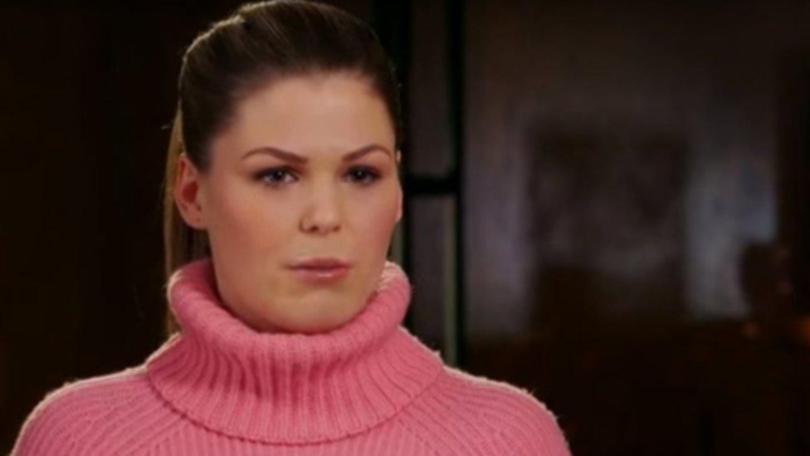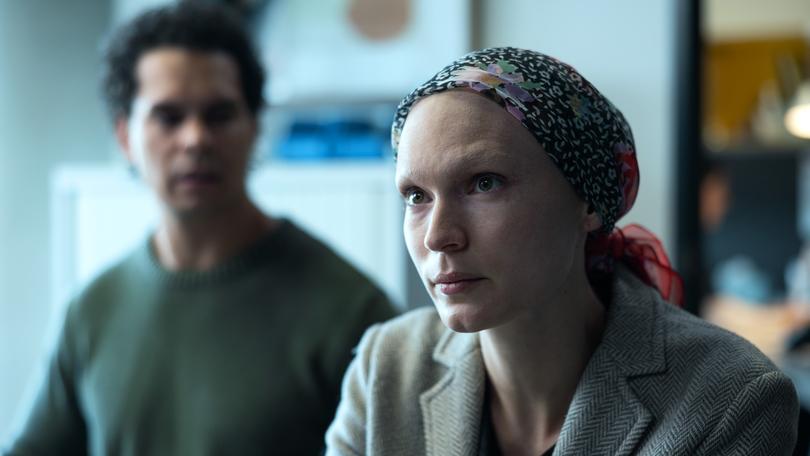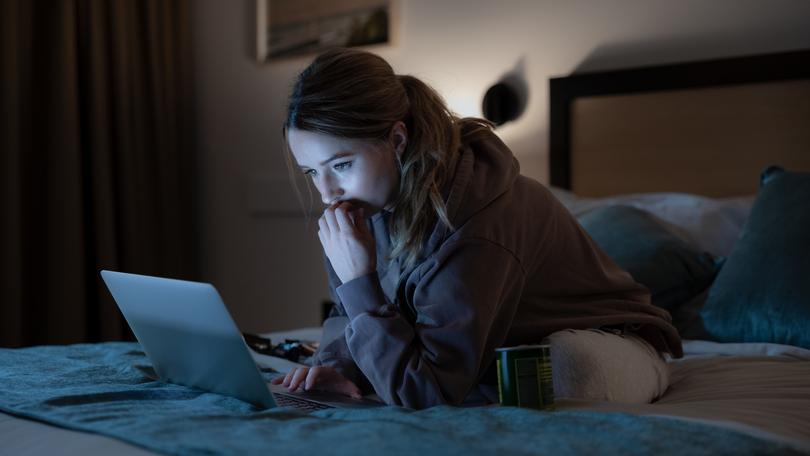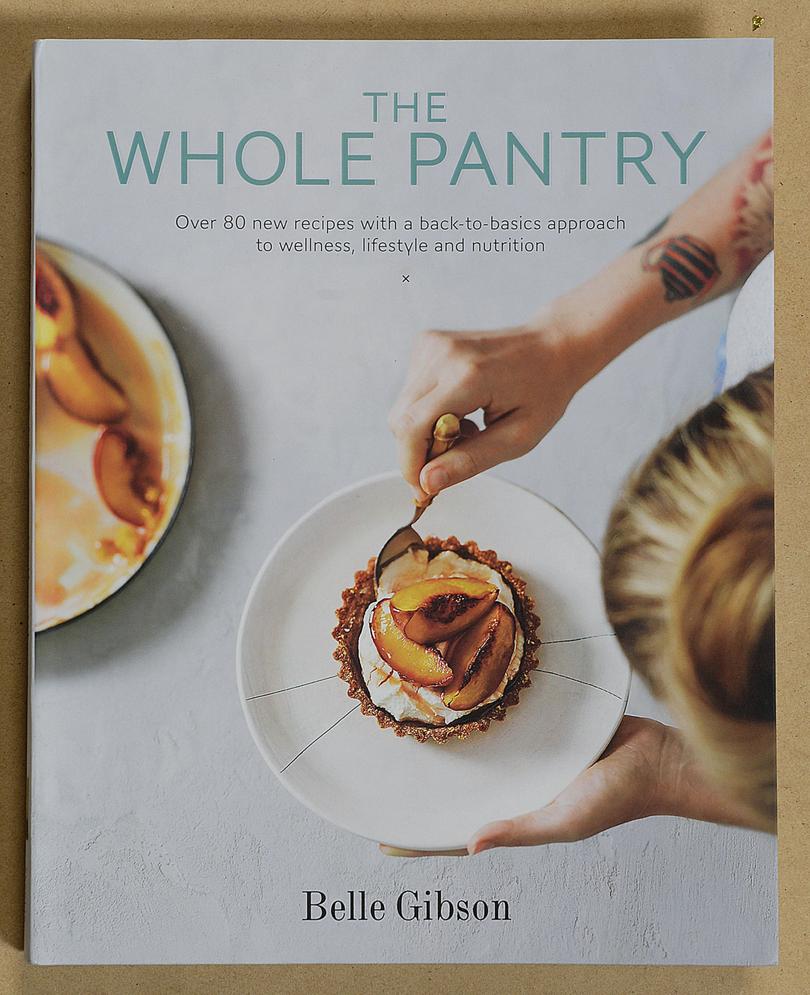KATE EMERY: Belle Gibson not the only bad apple in a wellness industry rotten to core
Belle Gibson is the subject of Netflix’s Apple Cider Vinegar but it would be a mistake to walk away from this show believing she was the only bad apple.

Belle Gibson is the subject of Netflix’s Apple Cider Vinegar but it would be a mistake to walk away from this show believing she was one bad apple.
If Gibson, who faked brain cancer to build a lucrative wellness empire, is just one apple then she came from an orchard — an orchard from which we’re still being flogged “healing”, “detoxifying” and even “lifesaving” apple juice.
Variations on the pseudoscience that earned Gibson a $300,000 pay cheque are still alive in the murky wellness market, where outright charlatans are only ever a stall away from those selling alternative remedies with some claims to legitimacy.
Sign up to The Nightly's newsletters.
Get the first look at the digital newspaper, curated daily stories and breaking headlines delivered to your inbox.
By continuing you agree to our Terms and Privacy Policy.And women are particularly at risk of falling down this coffee enema-shaped hole.
On Instagram right now a person I won’t name for fear of sending just one single follower her way claims to be “cleansing my life to naturally beat my stage 1 cancer”. This includes an “alkaline diet” and “detoxifying all aspects of my lifestyle”, which on the ‘gram mostly translates into some scrummy-looking meals and (I’m not make this up) homemade apple juice.

Another woman wants to “normalise detoxing children”, claiming toxins are to blame for everything from weak immunity to developmental delays in kids.
The less said about the TikTok trend encouraging people to drink borax — a common ingredient in cleaning products and laundry powder — the better.
“Drip bars” offering vitamin IVs are popping up in clinics and shopping centres, Gwyneth Paltrow’s Goop wellness empire is worth $400 million and the global market for detox wellness products is forecast to top $127 billion inside five years.
The internet is so enmeshed with modern life that it seems perfectly logical for many of us to turn to Dr Google if we’re seeking advice about symptoms or a medical diagnosis. However, that’s a problem when so much of the advice is bad.
One survey of Australian, Canadian and American TikTok users found 87 per cent of millennials and generations Zs — roughly speaking those in their late teens to early 40s — got at least some health advice from social media. On a very-much related note, roughly two per cent of health advice on social media aligns with public health guidelines.
That survey was done by food tracking app My Fitness Pal, meaning it would have captured those already inclined to be interested in health and fitness. Even so, the numbers are bleak for those who don’t think a cup of OMO for breakfast is the secret to long life.
What Apple Cider Vinegar gets right, even with its somewhat fictionalised lens, is that it takes the women who fell for Gibson’s grift seriously. They’re not stupid or uneducated: they’re scared, desperate women who want to believe there’s an alternative to the nightmare scenario outlined by their doctors.

Women are particularly vulnerable to wellness grifters because of gender bias in the medical establishment.
For example, there’s reasonable scientific evidence that a patient’s pain is taken less seriously if she’s a woman. One study found women who went to emergency with severe stomach pain waited, on average, one-third longer than men with the same symptoms.
Women who feel gaslit by doctors keen to dismiss their endometriosis as normal period pain or chalked their heart disease up to anxiety might be more reluctant to listen to the doctor recommending treatment for a diagnosis they don’t want to hear.
It doesn’t exactly help that it feels like every day we’re reading headlines about the microplastics in all that water we’re supposed to be drinking or how the gym pants we’re wearing for all that exercise we’re supposed to be doing might be releasing endocrine-disrupting chemicals.
The best snake oil salesmen know to mix some truth in with the lies.
You don’t just start off by claiming your smoothie recipes are better than chemo.
You start by saying that a good diet is important for health (true) and can reduce the chance of someone being diagnosed with cancer (also true).
Only then do you suggest that just maybe cancer can be cured through a sufficiently good diet and, what a coincidence, you have just the recipes/juice/vitamins to do it.

Much of what’s the wellness industrial complex sells is benign — some alternative therapies are great when complementing conventional medicine — but it can be a slippery slope.
One day you’re quaffing apple cider vinegar at breakfast, buoyed by the promise of lower cholesterol, and the next you’re Googling “homeopathic vaccines” (not a thing) and telling your oncologist you’ll be getting a second opinion from the personal trainer you follow on TikTok.
Most wellness victims lose only money. But at most they risk their health and their lives, where the advice they’re swallowing either encourages dangerous behaviour (looking at you, borax) or discourages the sick from following medical advice, in favour of bee venom and a charcoal latte.
